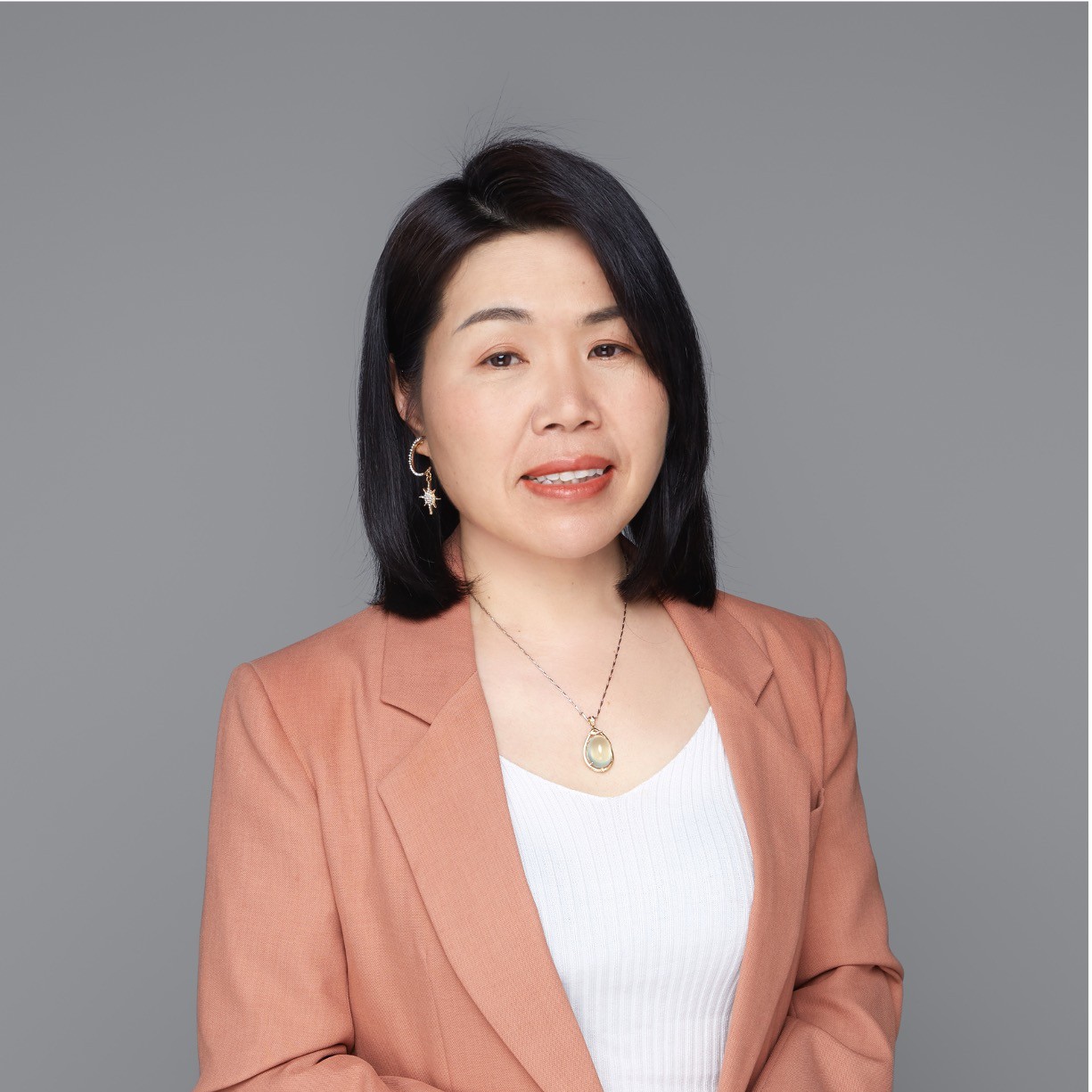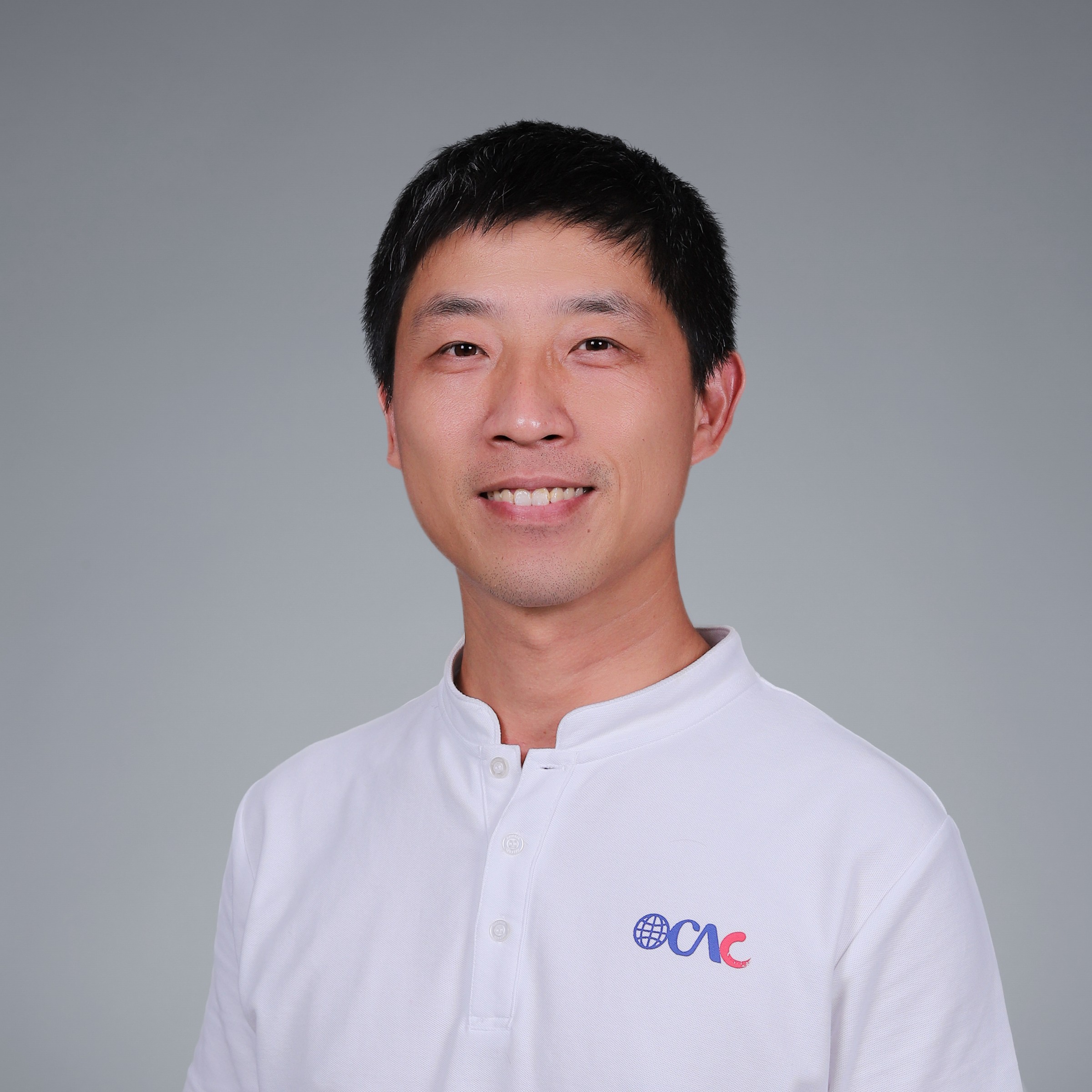Middle School
Welcome to Middle School
OCAC Integrated Middle School Programme is specifically designed for the needs of children aged 12 to 15 (Grade 6 to Grade 9). At this age group, they need to develop good study habits and self-confidence, and have a more comprehensive and in-depth understanding of the various subjects. The Integrated Middle School Program at OCAC fully adopts the Chinese National Curriculum (CNC) and utilizes International Baccalaureate Middle Years Program (MYP) assessment framework in a comprehensive program designed to give our students the best chance of success in and outside of China. In this program, we utilize the content knowledge of the CNC under the instructional and assessment framework of the MYP. The programme acts up to the philosophy of inquiry based, concept-driven teaching and learning in the context of global perspectives. The Core Socialist values and Core Competencies are also embedded in our program and taught through the lens of all the subject areas.
OCAC Middle School Programme is specifically designed for the needs of children aged 12 to 14 (Grade 6 to Grade 8). In this age group, they need to develop good study habits and self-confidence and have a more comprehensive and in-depth understanding of the various subjects. The Middle School Programme at OCAC integrates the Chinese National Curriculum (CNC) and the International Baccalaureate Middle Years Programme (MYP) in a comprehensive programme designed to give our students the best chance of success in and outside of China. In this programme, we utilize the content knowledge of the CNC under the instructional and assessment framework of the MYP. The programme acts up to the philosophy of inquiry-based, concept-driven teaching and learning in the context of global perspectives.
Curriculum Settings
Middle school students have the following 8 subject groups: Language and Literature, Language Acquisition, Mathematics, Science (Biology, Physics, Chemistry), Individuals and Societies (History, Geography, Ethics, and Law), Design (Digital Design, Product Design), Arts (Visual Arts, Performing Arts), and Physical Health Education(PHE). Students are encouraged to make connections between classroom learning and the real world and to think creatively and critically through eight subject groups.
Besides the subject learning, students will also experience one mandatory interdisciplinary unit of learning in each academic year. Interdisciplinary learning is oriented towards bringing together concepts, methods, or modes of communication from two or more established areas of expertise to develop new perspectives. It connects disciplines to develop new understanding, create products, or address real-world issues in ways that would have been unlikely through a single approach. Teachers will put into practice curriculum integration through specific interdisciplinary unit planning and implementation. This interdisciplinary learning empowers students to integrate disciplines in novel and creative ways. As knowledge and information multiply, critical thinkers must successfully integrate disciplinary perspectives to understand real-world issues, ideas, and challenges, and to take action to promote positive changes in societies.
As required by IB, in the 3rd year of the MYP programme, each student is required to participate in a community project to test the student’s knowledge and skills throughout the MYP phase. The Community Project can be done independently by a student or in collaboration with a group of up to 3 students. Community Project focuses on communities and services, encourages students to explore their rights and responsibilities, and implements service actions in the community. This initiative encourages students to generate creative new insights through research, demonstrate responsible action, and become responsible citizens of the world.
Through the middle school programme learning approach, students develop skills related to all courses that help them “learn how to learn”, including research skills, communication skills, self-management skills, thinking skills, and social skills. These skills can be taught and learned, and continuously improved through practice, providing a solid foundation for independent and cooperative learning and helping students become lifelong learners.
The CCA program is an important part of the school curriculum system. To better develop the potential of students’ creativity, innovation, and artistic creation, OCAC creatively interpreted the ancient Chinese “Six Arts” in accordance with IB’s learning methods, thus establishing its own extended Co-Curricular Activities framework. Each semester, we offer a variety of CCAs that are a unique combination of Chinese and Western features and take in the best elements of other curriculums. Our CCAs range from academics, cultures, and arts to sports, all the while offering a wide variety of high-quality choices to students.



The Secondary School has organized many student workshops this semester. Teachers carefully select the topic for each workshop and offer solutions to important questions about the different stages of student growth. Workshops are great opportunities for students to learn and grow, and they are also great opportunities for parents to learn with their children. One workshop in particular, “How to learn effectively,” helped students learn how to schedule their learning tasks/exams every day, track their homework status, make plans and manage their time efficiently. The self-management and effective learning skills taught in the workshop will be a life-long benefit to students, which will enable them to finish their learning tasks on time. My experience is that OCAC teachers aim to develop students’ abilities through student agency and prepare them for future success in life beyond the classroom. I have a deep appreciation for the excellent educators at OCAC.
My child entered Grade 8 this past September, his second year at OCAC Suzhou. During this period, my child has shown significant changes both physically and mentally. His growth was so rapid that it caught us off guard and we felt that we did not have enough experience to deal with it. Luckily, to help us navigate through this transition, the school provides support through their Advisory Program. After the first lesson, “New environment, New Start”, my child could not wait to share with us what he learned. During the lesson, students were introduced to topics, such as adapting to the new school life, building relationship effectively, protecting themselves, respecting teachers and learning to live and collaborate with others. I believe that my child benefited from this program and we were happy to see his progress. We would like to thank the school for arranging this timely lesson at the beginning of the semester.
Most of OCAC Suzhou students will live and study abroad in the future. Therefore, students must be trained in safety awareness, skills and habits before they travel to live in a different country. The Advisory Program enables them to become self-disciplined and stress-tolerant individuals who can adapt quickly to living and learning abroad. This is a forward-looking and effective program that positively influences students’ character traits. This kind of education at school is far more effective than parents nagging at home.
The second lesson is about academic integrity and time management. Those regular training sessions will definitely benefit my child for the rest of his life.
